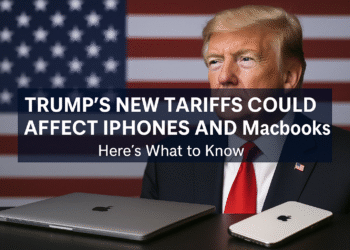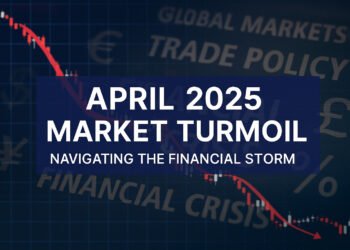Trump foreign film tariff headlines are dominating global news as former President Donald Trump introduces a sweeping 100% import tax on all films produced outside the United States. This move marks one of the most aggressive trade policies yet applied to the entertainment industry.
What Is the Trump Foreign Film Tariff?
On May 4, 2025, Trump formally announced the Trump foreign film tariff, stating it was necessary to counter foreign governments offering subsidies and incentives to lure away U.S.-based film productions. According to Trump, the policy is designed to defend America’s film sector and cultural messaging from foreign influence.
“They’re not just movies — they’re propaganda tools,” Trump said during the announcement. “We’re going to protect our own stories and our own people.”
How Will This Tariff Affect U.S. Audiences?
With the new 100% tariff, imported films will become dramatically more expensive for theaters and streaming services. This could lead to higher ticket prices, fewer foreign releases, and a narrowed content library on platforms like Netflix, Hulu, and Amazon Prime.
Independent cinemas that rely heavily on global cinema are especially concerned. Foreign-language films, often showcased in festivals or limited runs, may vanish from American screens altogether. If you’re a fan of international movies or arthouse cinema, your options may shrink significantly.
Hollywood’s Mixed Reaction
Major American studios have largely welcomed the Trump foreign film tariff. Many see it as a way to re-center attention and funding on U.S.-based production, especially after years of outsourcing to lower-cost countries like Canada, South Korea, and Hungary.
However, not everyone is on board. The Directors Guild and numerous independent filmmakers have expressed concerns that this may stifle creative collaboration and limit cultural exchange. A few entertainment law experts even question the legality of such a sweeping import tax under existing trade agreements.
Could There Be Retaliation?
Trade experts believe the Trump foreign film tariff could prompt retaliatory measures from other countries. American blockbusters, which dominate overseas markets, may face new restrictions, taxes, or even bans in countries like China, France, and India. This could severely hurt U.S. studios relying on international box office revenue.
A Cultural Cold War?
Critics warn that this new policy isn’t just about economics — it’s a form of cultural isolationism. Foreign films offer diverse perspectives, and limiting their access to U.S. audiences risks narrowing the public’s cultural exposure.
Some have compared the move to soft censorship, arguing that it prioritizes political messaging over artistic merit. Meanwhile, others argue the U.S. has long been a global exporter of culture and should focus on competitive storytelling rather than walls.
Where Does This Go From Here?
Only time will tell how the Trump foreign film tariff will play out. If successful, it could re-energize Hollywood production jobs and boost local creative industries. But if other nations retaliate, the U.S. entertainment sector could find itself in a costly global trade battle.
Stay tuned to our Politics and Entertainment sections for ongoing coverage of this evolving story.
For an external perspective on the story, check out this full coverage on Reuters.
Featured image credit: AI-generated exclusively for WbTrends.com









